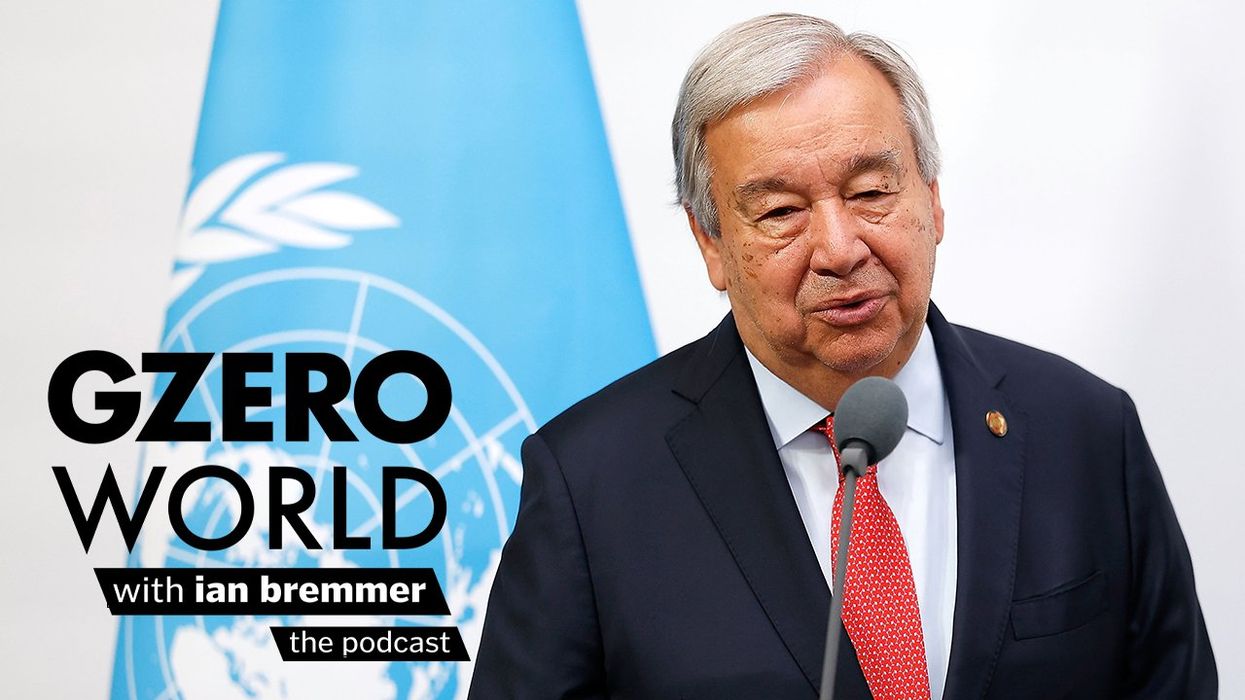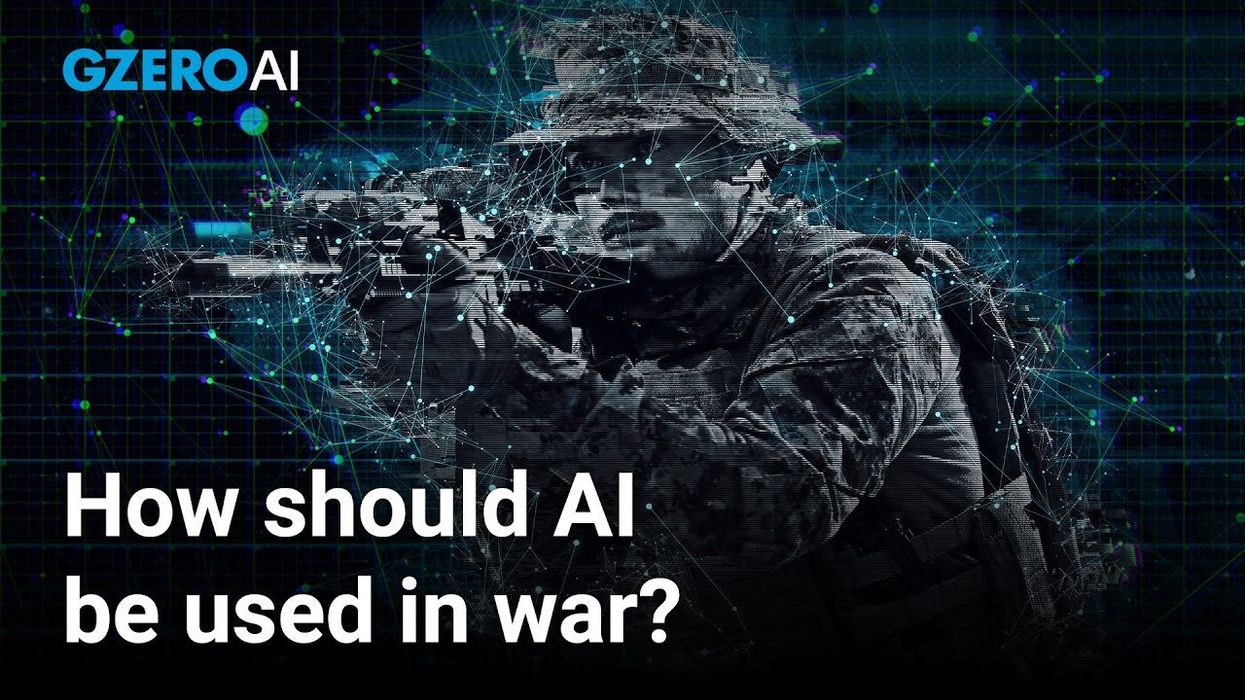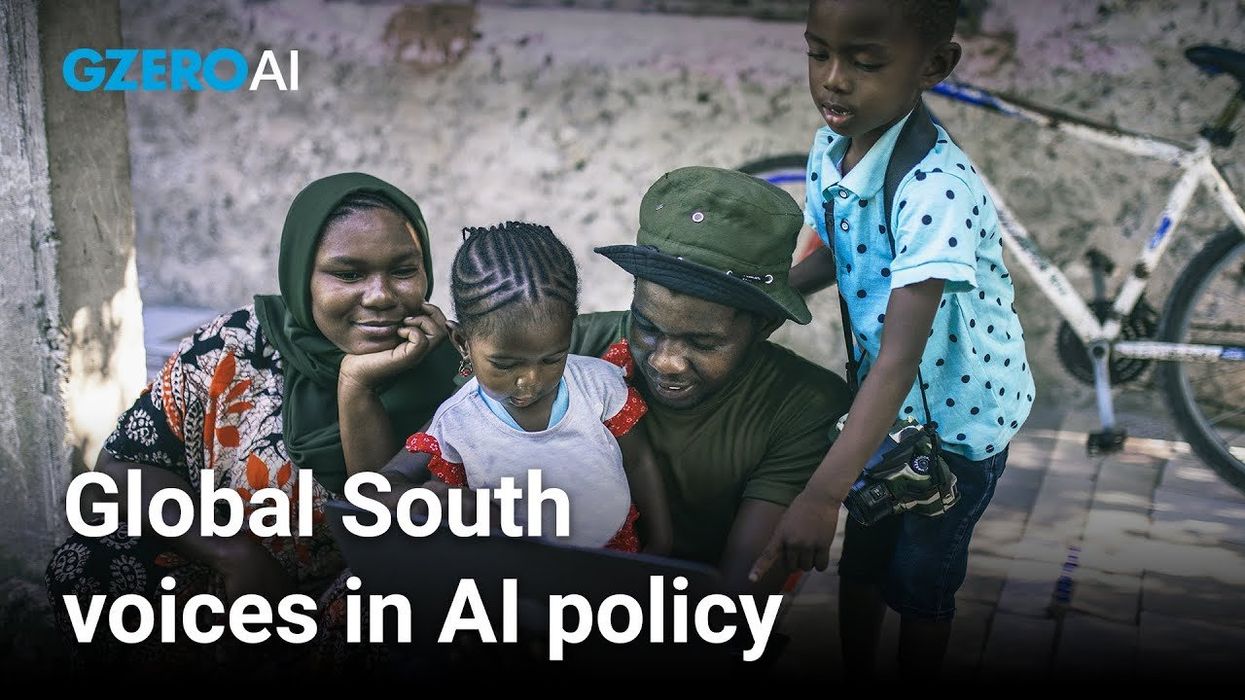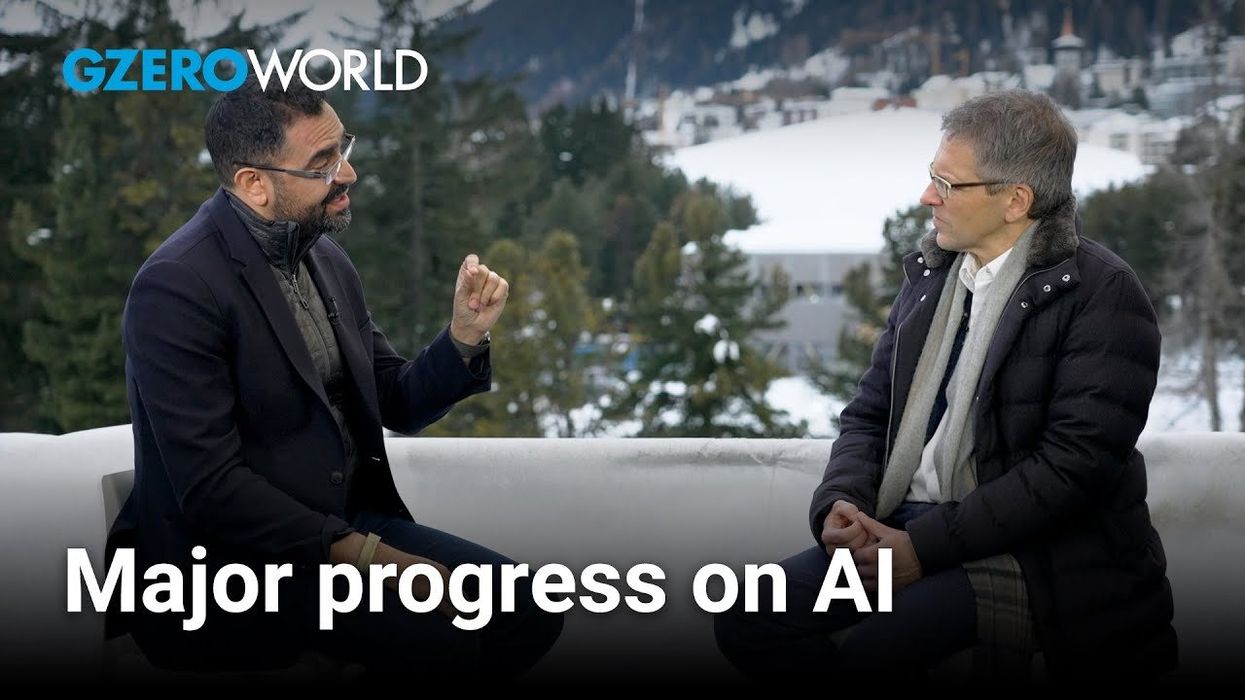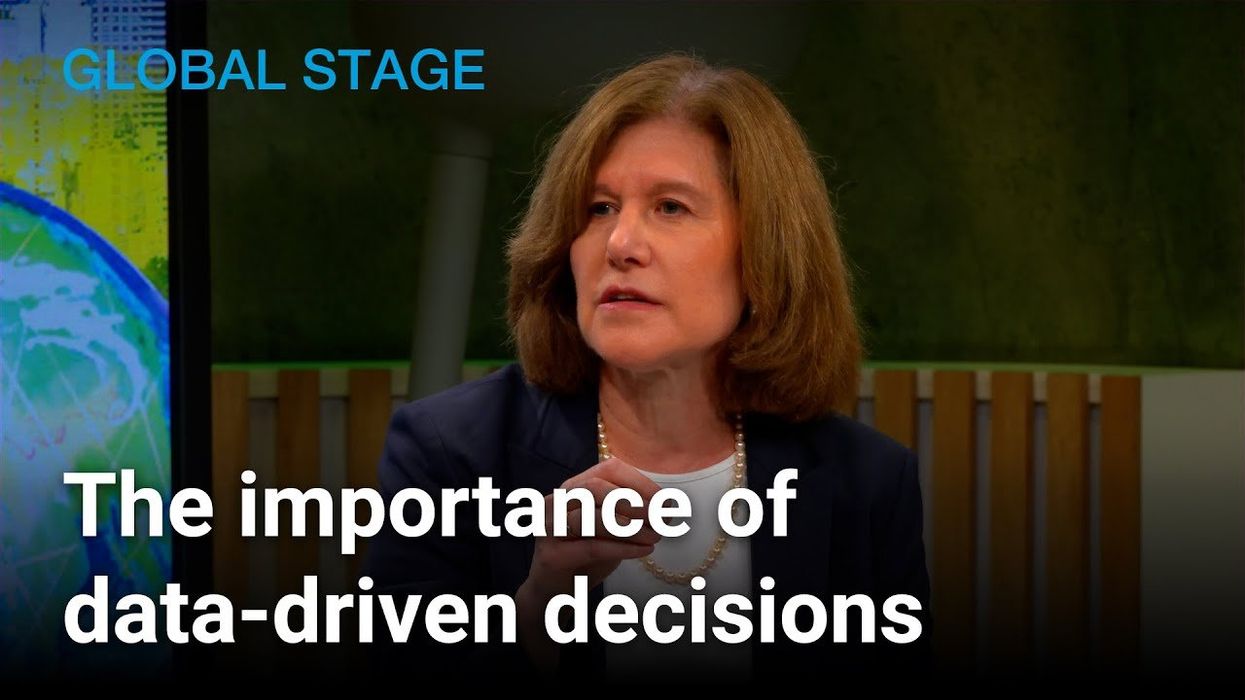GZERO AI Video
AI's existential risks: Why Yoshua Bengio is warning the world
In this episode of GZERO AI, Taylor Owen, host of the Machines Like Us podcast, reflects on the growing excitement around artificial intelligence. At a recent AI conference he attended, Owen observes that while startups and officials emphasized AI's economic potential, prominent AI researcher Yoshua Bengio voiced serious concerns about its existential risks. Bengio, who's crucial to the development of the technology, stresses the importance of cautious public policy, warning that current AI research tends to prioritize power over safety.
Oct 01, 2024

